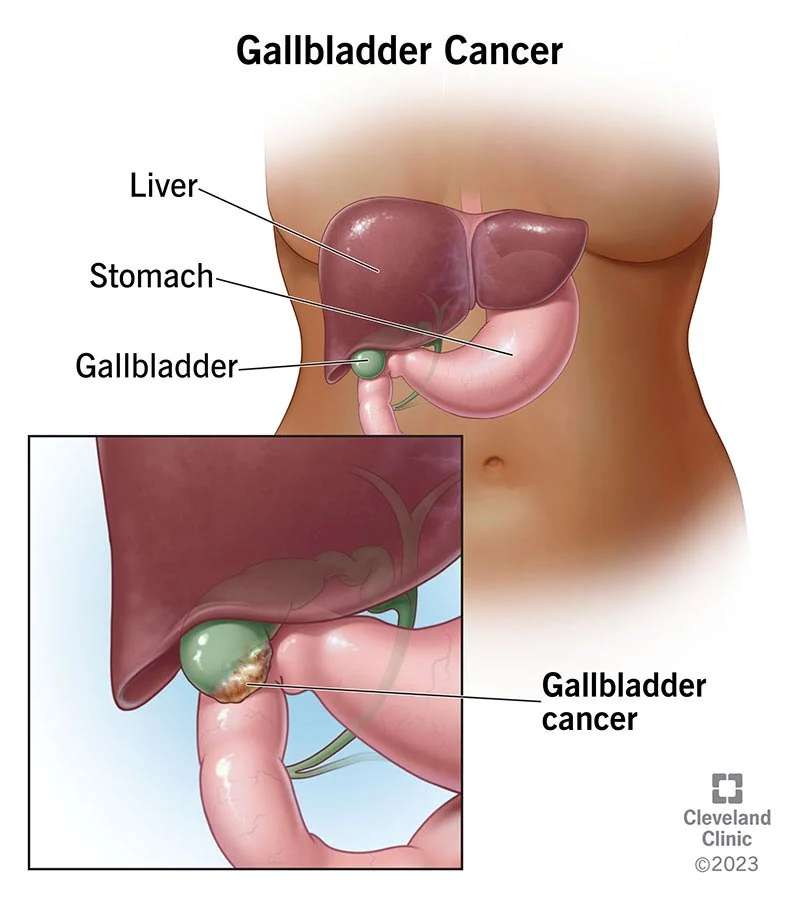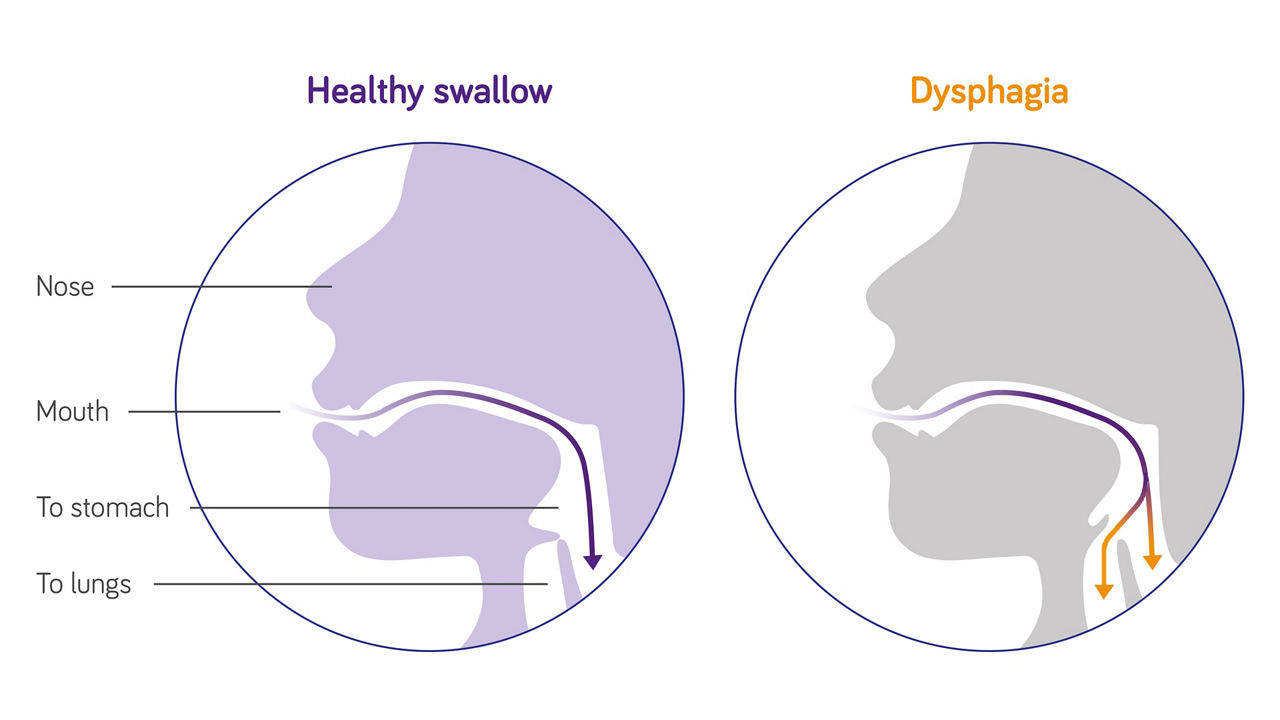While the connection between gallstones and gallbladder cancer is rare, a longstanding history of gallstones may slightly increase the risk of developing gallbladder cancer. Gallstones themselves do not directly cause cancer, but certain complications associated with gallstones may contribute to an increased risk. Here are key points to consider:
1-Chronic Inflammation: Persistent irritation and inflammation of the gallbladder due to the presence of gallstones over an extended period may contribute to the development of cancer.
2-Porcelain Gallbladder: In some cases, chronic inflammation can lead to a condition known as porcelain gallbladder, where the gallbladder wall becomes calcified. This condition is associated with an elevated risk of gallbladder cancer.
3-Gallbladder Polyps: Gallstones may be linked to the formation of gallbladder polyps, which are growths on the inner surface of the gallbladder. While most polyps are non-cancerous, some may develop into cancer over time.
4-Increased Surveillance: Individuals with a history of gallstones, especially those with additional risk factors, may be recommended for increased surveillance and regular medical check-ups to monitor for potential complications or the development of cancer.
5-Risk Factors: Other risk factors for gallbladder cancer include age, gender (higher incidence in women), obesity, a family history of gallbladder cancer, and certain ethnicities.
It’s essential to note that gallbladder cancer is relatively rare, and the majority of people with gallstones do not develop cancer. Regular medical check-ups, monitoring of symptoms, and proactive management of gallstones, when necessary, can contribute to overall health and reduce potential risks. Individuals with concerns or risk factors should consult with a healthcare professional for personalized guidance.
For more information, consult Dr. Vedant Karvir one of the Best GALLSTON TREATMENT IN MUMBAI practicing at Globus Gastroenterology Hospital or you can contact us on 9833106104.




